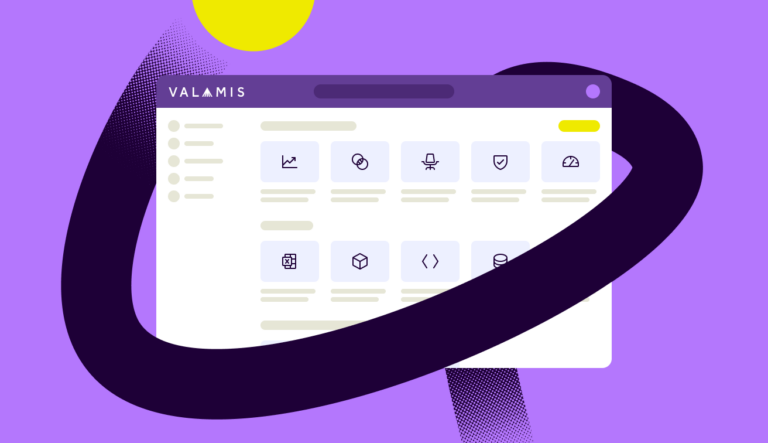Ways to improve work performance
Explore the top 3 proven ways to improve your work performance. We’ve collected 18 scenarios and 10 actionable tips for HR professionals.

In this article, you will learn the top 3 ways how to immediately improve your work performance and reach a higher quality of output.
We also collected other 18 proven ways that you can use to boost your performance.
For leaders, we collected 9 tips on how they can help you become a lot more productive, check it out, and share it with your supervisor or HR team.
At the end, you will find 7 great books that are definitely worth a read if you desire to take your work efforts to a whole new level.
Discover:
- Top 3 ways to improve work performance
- Other 18 areas of improvement at work
- 9 Tips on how an organization can help you improve performance
- 7 Books to read about work performance
Top 3 ways to improve work performance
1. Limit distractions
Staying focused at work can feel like an uphill battle. With a constant stream of emails, instant messages, and phone notifications, it’s easy to lose track of time and productivity. Understanding where distractions stem from and how to manage them effectively is key to improving work performance.
The Prevalence of distractions
Research shows that distractions come from multiple sources, both digital and environmental:
- Phone interruptions: 70% of employees say they’re frequently distracted by their phones during work hours, with constant notifications from apps and social media pulling their attention away.
- Noise and environment: 60% of workers in open office spaces report that noise disrupts their focus. Open office layouts, while designed for collaboration, often create more distractions than they help solve.
- Social media: Nearly half (47%) of employees admit that personal social media use during work hours is a significant source of distraction, making it harder to stay on task.
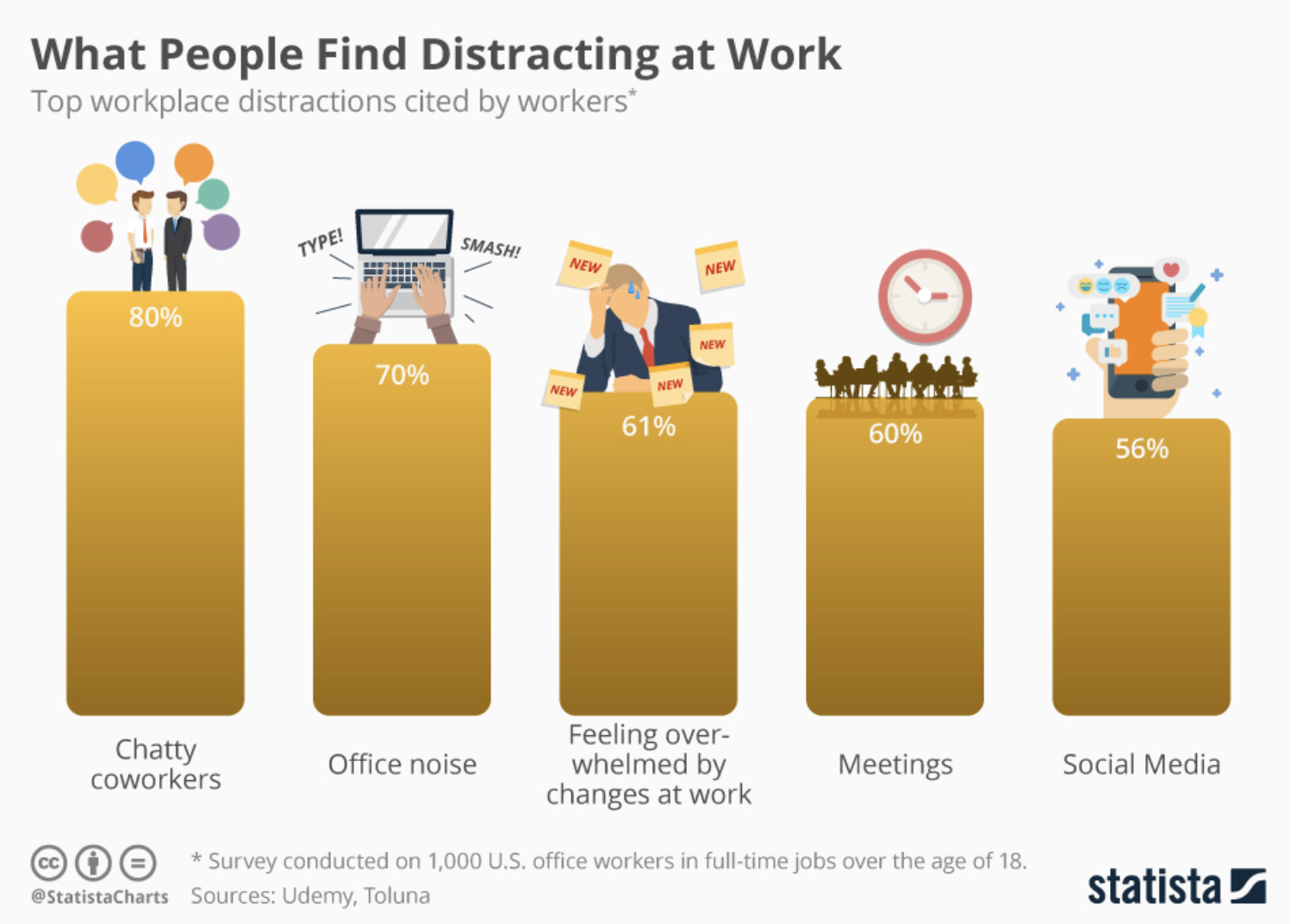
What people find distractive at work, Sourse
The Impact on productivity
Distractions not only disrupt focus but also have tangible effects on performance:
- Time lost: Employees lose an average of 720 hours annually due to workplace distractions, translating to approximately 11 weeks of lost productivity.
- Focus recovery: It takes an average of 23 minutes and 15 seconds to regain focus after an interruption.
- Error rates: Distractions increase the likelihood of making errors by up to 100%.
Image. Top 5 obstacles to productivity according to Microsoft survey
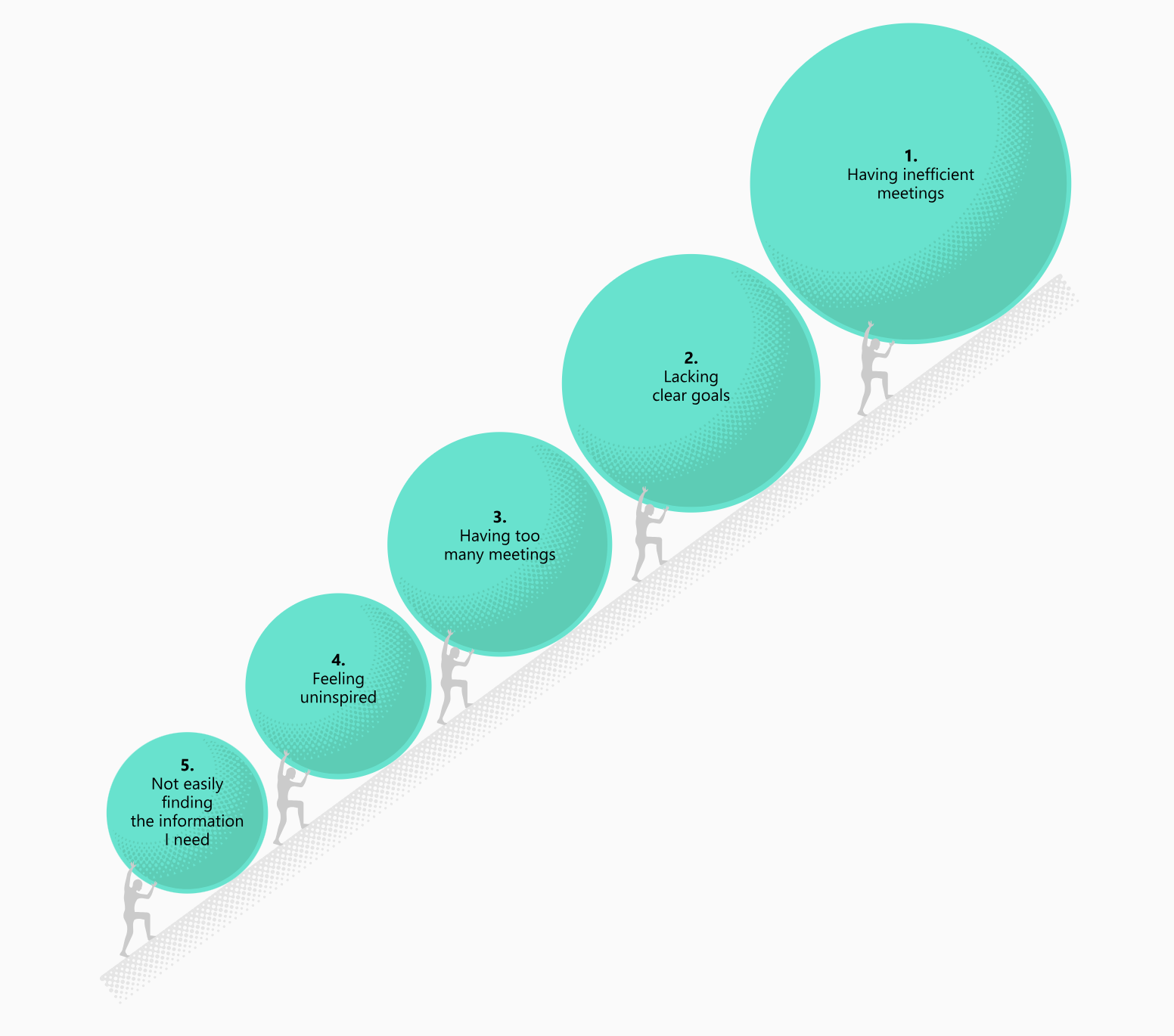
The data shows an urgent need to improve meetings—people identify “inefficient meetings” as the biggest obstacle to productivity.
Nearly two-thirds of workers feel they don’t have the time or energy to do their job well, which makes them 3.5 times more likely to struggle with strategic thinking and innovation..
Furthermore, 60% of managers are already worried about the lack of new ideas on their teams.
Every minute spent tackling this digital chaos is time that could be spent on creative work.
And so, in order to achieve great work-related results and keep yourself focused throughout the working hours, you need to understand where lucrative distractions come from and limit your exposure to them.
Actionable tips:
- Work in a quiet place or use headphones to minimize distractions from around the office.
- Turn off your phone or set it to “Do Not Disturb.” If disabling it completely is tough, set work-rest intervals. For instance, after an hour of work, allow yourself a 10-minute phone break. Gradually extend work intervals over the next few weeks while reducing phone time.
Additional tips:
- Listen to your employees and co-workers to identify and tackle productivity blockers.
- See meetings as a resource, not just a set time. Let people use AI-enhanced meeting recaps, transcripts, and recordings so they can engage in their own time.
- Give yourself small rewards to encourage completing tasks and reduce the urge to be distracted.
- If working from home, dedicate a quiet area as your office to minimize distractions from family and pets and enhance your focus.
2. Split your tasks into milestones
When working on a big project, it’s crucial to maintain control over deadlines and deliverables to ensure high-quality outcomes.
One of the best strategies for staying on track is to break your tasks into smaller, easily achievable milestones with appropriate time frames.
Milestones act as checkpoints that allow you to assess progress and make adjustments if necessary.
Breaking down your work in this way provides clarity and a sense of purpose.
With smaller tasks, you will know exactly what needs to be done and by when, helping you monitor the project’s pace and put everything together by the set deadline.
Each milestone becomes a motivator, bringing a sense of accomplishment that propels you to the next one.
Actionable tips:
- Divide the workload into manageable chunks or milestones that make it easier to organize and achieve your goals step by step.
- Assign realistic and sufficient time to each milestone to ensure you achieve high-quality outcomes without feeling rushed or overwhelmed.
Additional tips:
- Make sure each milestone has a clear objective.
- Identify critical milestones that could impact the project’s overall timeline if delayed. Tackle these high-priority tasks first to minimize risks.
- Recognize tasks that depend on previous milestones to plan the sequence effectively and avoid potential roadblocks.
- Review the progress of each milestone frequently to identify lagging areas early, allowing you to implement corrective actions before issues escalate.
- Be flexible with your timeframes. If a milestone is taking longer than expected, adjust other deadlines to maintain project cohesion.
3. Stop multitasking, prioritize your work
Multitasking at work is not uncommon, especially in busy agencies where professionals often juggle multiple responsibilities.
For instance, you might be communicating with potential clients, coordinating with contractors, managing freelancers’ work, and fulfilling your primary job duties simultaneously.
While it might seem like multitasking increases productivity, it can severely reduce the quality and quantity of your work.
According to the article “Executive control of cognitive processes in task switching”, multitasking can lead to a 40% reduction in productivity.
Actionable tips:
- Instead of attempting to multitask across multiple projects simultaneously, prioritize them based on deadlines and importance. This enables you to focus deeply on one task at a time, ensuring higher quality and faster work.
- Reject additional work that doesn’t align with your primary responsibilities. Politely decline tasks that could distract you or, if appropriate, delegate them to others.
Additional tips:
- If you are expected to juggle too many tasks, speak with your manager or boss. Explain that multitasking negatively impacts your productivity and suggest alternative ways to prioritize effectively.
- Dedicate specific blocks of time to work on each project or task without interruptions. Use a timer or calendar reminders to ensure that you spend focused time on a single activity.
- Minimize distractions in your immediate environment. Close unnecessary browser tabs, silence non-essential notifications, and create a clean workspace to improve concentration.
- Cultivate a habit of single-tasking by working sequentially on tasks from start to finish. This ensures that your full attention remains on the task at hand, reducing mistakes and improving efficiency.

Career development plan template
This template helps employees and leaders plan together for career growth: set goals, assess skills, and make a plan.
Download nowOther 18 areas of improvement at work
4. Improve your time management
Allocating your time effectively is crucial when starting a new project.
With only about 40 working hours a week, it’s essential to avoid wasting time, as each project has its own set of deadlines.
If you’re not proud of your work performance, improving your time management will lead to a noticeable boost in productivity.
Actionable tips:
- Organize your time before starting a project to ensure each phase is properly managed.
- Limit unnecessary conversations and cut down on social media usage to avoid wasting valuable time.
- Rank tasks by importance and urgency to tackle the most critical ones first.
- Dedicate specific blocks of time to focus on key tasks, ensuring you work uninterrupted.
A few additional techniques to help improve time management:
- Pomodoro technique: Work in focused 25-minute intervals (called “pomodoros”), followed by a 5-minute break. After four sessions, take a longer break of 15-30 minutes. This helps maintain high concentration while preventing burnout.
- Two-minute rule: If a task can be completed in two minutes or less, do it immediately rather than scheduling it for later.
- ABCDE method: Prioritize tasks by labeling them A (most important), B (important), C (nice-to-do), D (delegate), and E (eliminate). Work on A tasks first before moving down the list.
5. Try to do important tasks first
There is a famous “Eat That Frog” technique where you tackle your most challenging or important task (the “frog”) first thing in the day, so subsequent tasks feel easier to complete.
As an employee, you are often going to be allocated a wide range of tasks that you will need to deal with by a particular deadline.
It is not uncommon for you to have more tasks than you can handle and so, the best way to ensure that you maintain your performance at work is to prioritize your tasks in an order judging by importance.
Actionable tips:
- What is the deadline for the projects? If you have a project due in 1 week and a project due 2 months, put your whole focus on the project that is due in a week.This way, your work performance will be at an optimal level and you will easily meet the set deadlines.
- If time is not a factor, think about which one will have the most negative impact on you/the business if not completed soon. Do that one.
6. Set clear goals
Everyone wants to progress at their job as quickly as possible, but sadly, that is not a practical objective you can aim for.
When setting goals for projects that are about to begin, don’t overwhelm yourself, as the last thing that you’d want to do is get burned out halfway through.
Instead, you should consider your strengths and weaknesses as well as working capacity and limitations and set goals that can actually be achieved.
You will be surprised how much of an impact clear and achievable goals have on your productivity levels.
Actionable tips:
- Layout the main goal and after that, break down the main goal into smaller goals for each stage of the project.
- Align your goals with business goals.
- Review your goals regularly.
- Set goals with achievable time-frames.
- Try Objectives and Key Results (OKR) goal setting strategy.
7. Improve your communication skills
If you are working on a big project with some of your work colleagues, communication will be essential for the overall performance of the team. So, ensuring that you communicate with them everything from good to bad will be key to successfully complete the task.
Actionable tips:
- Develop your communication skills especially if your role requires you to be in constant contact with clients and shareholders.
- Discover ideas on how to improve your communication skills.
- Struggling with a particular part of the project? Don’t waste time trying to figure it out yourself, ask for help!
- Worried that something could go wrong that could affect the project? Communicate your concern with your team members so that the issue can be taken care of before it becomes worse.
8. Don’t try to do your own, delegate
Unless you are a master of all trades within your industry, you should almost never work on a single project alone. Why? Because unless it’s super simple and straightforward, it may require a different set of expertise that you may not be so good at.
Take a website for example, in order for a fully functional website to be ready, you need backend and front end developers, UI & UX designers, copywriters, SEO & marketing experts and so forth.
Actionable tips:
- Allocate each specialized task to a colleague that focuses full time within the specific field.
- If you try and take on a field that you don’t fully specialize in, ask a colleague for an expert opinion.
9. Make use of the right tools
If you are operating in the product or service industry, one of the key reasons for reduced performance could solely be due to your lack of knowledge in the tools and resources that you are working with.
Usually, way before you joined the workforce, your employer would have already tested a couple of tools and has provided you with the best ones. So, in order to be more productive at the workplace, you should master the tools which will help you to increase your performance at work.
Actionable tips:
- Use tools that make the most sense to you. By making use of tools that you already prefer will allow you to focus a lot more on work which will result in an increased level of productivity at work.
- Implement and make use of new tools. Who knows, you may find a software that you like much better that will help you to take your work to a whole new level.
10. Give yourself down time
Mental health is a real problem, and sometimes, after long periods of time, it is possible to ‘burn out’ from your work or feel unmotivated.
Luckily, you don’t need to work 8 hours straight on a daily basis, allowing you plenty of time during your working hours to take a break and recharge.
Also, according to research conducted at University of Illinois, United States, short breaks increases your focus and productivity.
You can do that by simply drinking coffee and watching your favourite show on Netflix for 10-15 minutes, or if practical, you can even do some yoga or take an exercise break. Now, if you are really starting to feel worn down, you should take a day off or even a vacation.
Actionable tips:
- If you begin to feel like you can’t focus or do quality work, taking a short coffee break can have a great impact on your performance at work.
- Daily or bi-daily exercises can also greatly contribute to shifting your focus away from work. Simple exercises like stretching, yoga, or even walking can help you out immensely.
- In cases where coffee breaks are no longer effective, you should take the day off or even book a vacation and rest your mind for a few days.
11. Encourage desk cleanliness and organization
It is proven that a messy environment can slow down your performance.
If you have hundreds of documents laying around everywhere on your desks, finding what you need when the time comes can be a very time-consuming process.
So, be sure to always keep your desk clean and well organized throughout the day to avoid such time-wasting nightmares.
Actionable tips:
- If you notice that your desk is becoming a little messy, don’t ignore it and organize it right away. Your future self will thank you.
- Besides your working space, keeping your laptop’s desktop files organized into folders is essential for optimal productivity.
12. Stay healthy
No one can be productive at work when unwell, and so, it is vital that you take care of your health.
After a long day at work, it is normal to feel exhausted, leaving you with little motivation to go to the gym or complete an exercise. However, you don’t need to go to the gym every single day. All you can do is walk or bike to work, limit your consumption of unnecessary snacks throughout the day, and stick to healthier options.
Then, your mood will increase, your focus will get sharper and so will your performance at work.
Actionable tips:
- Walk or bike to work if it is practical.
- Drink around 1 liter of clean water during the day.
- Try to eat healthy food.
- Improve your sleeping habits by going to bed before 10 PM. This will help you with getting a productive 8-hour sleep.
- Do some exercise: gym, cycling, running, yoga and so on. If you have longer breaks during your day at work, you can visit your local gym for a quick exercise. You would be surprised how much of a mental reset exercise has on your mind.
13. Don’t leave tasks unfinished
Whether it’s because a new and more exciting project came along or the current one is too boring, we have all left a task unfinished and quickly jumped onto the new project without much consideration.
This, however, creates a chain of problems that can lead to delays, which will essentially harm performance. So, never leave a task unfinished regardless of the new circumstances to avoid any performance-related issues that will hamper productivity levels at the office.
Actionable tips:
- Allocate additional time to a project if needed in order to finish it off before taking your focus away from it.
This will save you a lot of time as you won’t need to familiarize yourself with where you left off when you inevitably come back to complete it later. - If time constraint is the reason for leaving tasks unfinished, ensure that plenty of time is allocated for such circumstances.
- For the future, organize workload better in smaller and achievable milestones.
14. Become a lifelong learner
The world around us is evolving all the time, and so are the requirements for performing well at work. What worked yesterday and made you an expert in your field isn’t necessarily going to work tomorrow.
And so, lifelong learning must become part of your daily life if you wish to stay ahead of the curve in your industry. How? By reading books, watching videos, and listening to the podcasts and relevant pieces of information in your field.
Actionable tips:
- Find experts in your industry that you admire and read content that they produce on social media or their blogging website.
- Read work and performance-related books written by experts in the field.
- Listen to podcast.
- Subscribe to YouTube channels related to your interests.
- Sign in to learning courses.
In such cases, it’s very hard to spot any behavioral patterns that may be affecting your work performance.
You should sit back and address all ineffective ways of working that you fall victim to. Only then can you start increasing your performance at work.
Actionable tips:
- Stay alert for behavioral patterns that you deep down know to affect your work performance. For example, do you open up and answer emails through your phone?
Usually, communicating over the phone via e-mail is much less effective and more time-consuming than doing it on a laptop or a desktop PC. - Once you spot a bad trait that is affecting your work performance, work on making yourself better at avoiding/handling it.
19. Build your own development plan
As an employee, as you gain experience in the industry, eventually you are going to progress through the ‘corporate ladder’ and gain a higher position within the company.
One of the best ways to ensure that you speed this process up is by being an excellent and consistent performer at the workplace.
How to do that? Build your own development plan and follow it strictly.
Actionable tips:
- If you are within the IT sector, build a plan around gaining as many certificates as possible that are relevant to your field.
If you work within internet security, make a plan to acquire 1 or 2 certificates each year like CEH, CISMCompTIA Security+, CISSP and CISA. - You can also set a goal of reading at least 1 piece of vital information that is relevant to your field per week which will eventually accumulate and make you a true expert in your industry.

Career development plan template
This template helps employees and leaders plan together for career growth: set goals, assess skills, and make a plan.
Download now20. Build working relationships and connections
As an employee, building relationships and connections will have an immense effect on your performance at work.
How? By meeting people, engaging in new conversations, and developing relationships, you will get to exchange experiences with people alike who may have been in the industry for longer and may know a thing or two that will help take your work to a whole new level.
Actionable tips:
- Make an account on LinkedIn and start actively using the platform as a professional.
- Be open-minded about meeting and speaking to new people. You never know who can bring what to the table.
- Say yes to conference or group talk invitations where you will meet people from your industry.
21. Avoid idle chat, drama, and gossip
As human beings, we like to communicate with one another and discuss various topics of interest, however, this can seriously affect work performance, especially if it happens too often.
Now, we are not saying that you shouldn’t communicate with your colleagues at all as communication is at the core of a successful business, but it is important to not engage with any ongoing drama or irrelevant gossip that can distract you and the people around the office from getting work done.
Actionable tips:
- If you find yourself engaging in pointless conversations, time-consuming debates that can take your focus away from work, try to end the conversation and leave it for the break time or after work.
- If you like listening to music, put on your headphones. That way, you will easily miss out on any such discussion without even knowing that they happened.
9 Tips on how an organization can help you improve performance
1. Be a leader and a role model
As a business owner or a manager, you must set a standard for a strong work ethic and productivity for your colleagues and employees in the office through your own efforts.
Even if you don’t notice it, you are your colleagues’ team leader and role model.
They look up to you and if you don’t work hard on a daily basis and show results for the effort, why should they?
Actionable tips:
- Always take accountability & responsibility for projects.
- Display a strong and organized work ethic.
- Support all of your employees and guide them accordingly.
2. Train your employees
Organizations can train employees to improve their performance by providing them with targeted learning opportunities that align with their job responsibilities and career goals.
Effective training programs should be designed to enhance employees’ knowledge, skills, and behaviors, and provide them with ongoing support and feedback to help them achieve their objectives.
Actionable tips:
- Identify the skills and knowledge gaps. Conduct a needs assessment to identify the specific areas where employees need to improve their performance. This could be done through surveys, interviews, or assessments.
- Tailor the training to meet individual needs. Customizing training to meet the unique needs of individual employees can help to ensure that the training is relevant and effective.
- Incorporate a variety of learning methods. People have different learning styles, so incorporating a variety of training methods (e.g., online courses, on-the-job training, classroom instruction) can help to cater to diverse learning preferences.

How to conduct a skills gap analysis and what to do next
Start building your foundation for strategic workforce development.
Download guide3. Communicate with your employees
Communicating clearly and effectively with your employees is the single most important key to maximizing their overall performance.
In other words, if you feel like an employee is struggling, offer your help, communicate, ask questions until a solution is found.
The idea is to create a working environment where the employees are not afraid to communicate and ask for your help.
Actionable tips:
- Update your employees on a weekly basis with what is going on in the business as that will really help in tough times of uncertainty.
- Have coffee breaks or chat meetings with your employees, where you can talk about problems, help them out when needed, or answer any random questions that they may have.
- Create an environment where your employees feel comfortable to ask for your feedback, review, or whatever.
- Be genuinely interested in them as professionals on a personal level. This will increase the level of loyalty, work performance, and trust.
4. Provide constructive feedback
Providing regular feedback to your employees based on their performance at the workplace is an important part of your professional and business relationship.
Without it, your employee won’t know what they are good at or what they need to work on to be better at their job.
One of the best opportunities you will have as a manager or a business owner to provide more in-depth constructive feedback is during progress-related meetings. Your employee will not only take it seriously but will also know exactly what direction to take in order to be better at their job.
Actionable tips:
- Provide feedback on as many pieces of work as possible, regardless of how large or small a project is.
- Discuss what could have been done better and if there is a faster and more efficient way to do a task.
5. Organize and optimize tasks
Typically, if you are in the service industry, your employees will work with you for around 8 hours a day, 5 days a week. Those 40 hours a week might seem a lot, but they really aren’t.
You’d be surprised to know that over 5 hours on average get wasted by employees waiting for meetings or on other employees every single week.
So, optimizing teamwork processes, removing or improving meetings that are a waste of time can lead to greater overall performance from your employees.
Actionable tips:
- If meetings are useless or take up too much time, you can optimize them or totally remove them.
- Establish meetings and collaborations between the different departments. This way, employees that don’t typically work together can benefit from each other.
- Only set up sessions or meetings that are absolutely necessary and cannot be done through an e-mail or a phone call.
6. Provide good judgement
At times, we all express our biased opinion or judgment on a particular topic, which can often cause conflict.
As a business manager, you should always be right in the middle and provide a good and fair judgment in every situation.
Other employees around you will see that you are reasonable with your judgment which will make them feel confident in their decision to come to you for advice in the future if something is bothering them.
Actionable tips:
- Always see both sides of every story. This will help you to make a fair judgment on every situation.
- Listen more and allow yourself some time to think about your final decision.
7. Let employees learn even from mistakes
Whether it is in the workplace or at home, everyone makes mistakes. It is the most normal human trait. What is important for you to do as a manager or business owner is to help your employees learn from their mistakes.
Your employee in question will not only appreciate your help but will also work extra hard in order to ensure that the same mistake doesn’t happen again.
Actionable tips:
- Give your employees proper guidance for their mistakes if you find necessary. This way, they will learn from them moving forward.
- Boost their confidence by encouraging them. This will very quickly restore the smile on their face so that they can get on with their work.
- Judge each mistake on an individual basis and always set a line for what is totally restricted and where they can have their freedom in making mistakes.
8. Ask questions
If you see an employee struggling or not performing to the level they normally do, go over and ask them if you can be of any help.
Make them feel like they are not alone and that they can trust you. At the end of the day, we are not robots and all have emotions and problems of our own that could affect our work performance.
Showing care and sympathy is the least you can do to brighten someone’s mood and bring them back to their optimal level of work ethic.
Actionable tips:
- Be sure to always ask questions when you see that one of your employees is struggling or isn’t performing as well. Usually, all they need is a quick chat.
9. Provide an enjoyable working environment
No one enjoys working in a messy and outdated environment.
It will indirectly affect your employee performance as the only thing they would want at times is to just leave and go home.
So, providing an enjoyable working environment that your employees get excited to go to in the morning will have a great effect on their mood and ultimately, their performance at work.
Actionable tips:
- Purchase a pool or table tennis table for the office where your employees can relax their minds and engage in activities with colleagues during their break.When making such an investment, you should take into consideration where you will place the activity within your office as you don’t want your employees on a break to be distracting everyone else.
- Ensure that all working stations are modern and look great. Usually, you can hire a designer to take care of organizing your office space in accordance with the current trends for optimal employee performance.
- Ensure that there are plenty of plans and enough daylight in the office. It is proven that sunlight and plans can better work performance and sharpen focus.
10. Utilising modern LMS for employees’ continuous improvement
Using Learning Management System (LMS) like Valamis is a powerful way to improve your work performance. It centralizes training and resources, providing a streamlined path for skill-building.
Actionable tips:
- Customize employees learning within the LMS to align with their goals and skills. Focus on courses that directly support team’s projects.
- Quickly access the LMS’s resource library to find valuable information that helps you tackle challenges efficiently.
- Set specific learning targets within the LMS and monitor your employees progress to stay motivated and organized.
- Identify areas where they could improve, and choose courses that will help them bridge those gaps.
- They can join discussion groups or forums in the LMS to connect with colleagues and share useful insights.
7 Books to help you improve your work performance
1. Atomic Habits: An Easy & Proven Way to Build Good Habits & Break Bad Ones by James Clear
Available on Amazon | eBooks | Goodreads

2. Black Box Thinking by Matthew Syed
Available on Amazon | eBooks | Goodreads

3. Employee Experience: Develop a Happy, Productive and Supported Workforce for Exceptional Individual and Business Performance by Ben Whitter and Josh Bersin
Available on Amazon | Goodreads
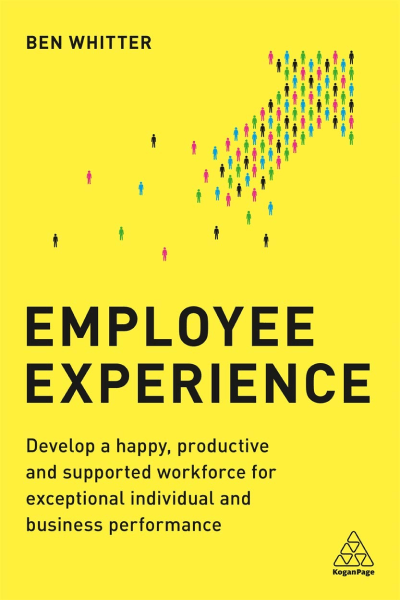
4. Getting Things Done by David Allan
Available on Amazon | eBooks | Goodreads

5. Great at Work: The Hidden Habits of Top Performers by Morten T. Hansen
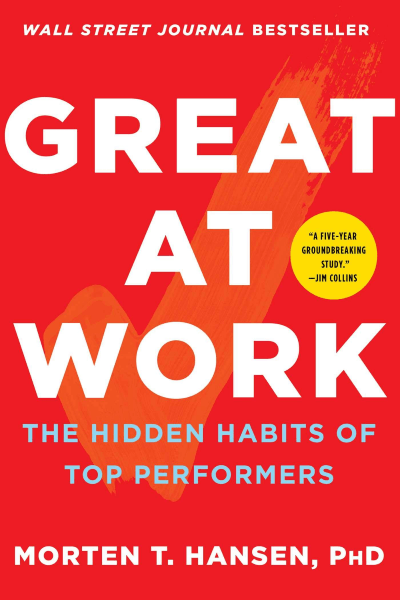
6. How To Get Sh*t Done by Erin Falconer
Available on Amazon | eBooks | Goodreads

7. Peak Performance by Brad Stulberg
Available on Amazon | eBooks | Goodreads
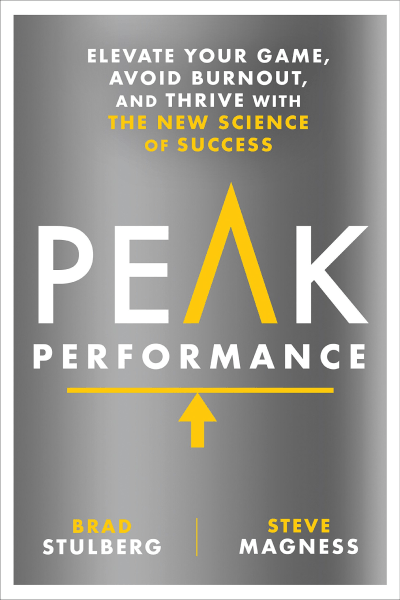

Career development plan template
This template helps employees and leaders plan together for career growth: set goals, assess skills, and make a plan.
Download now

